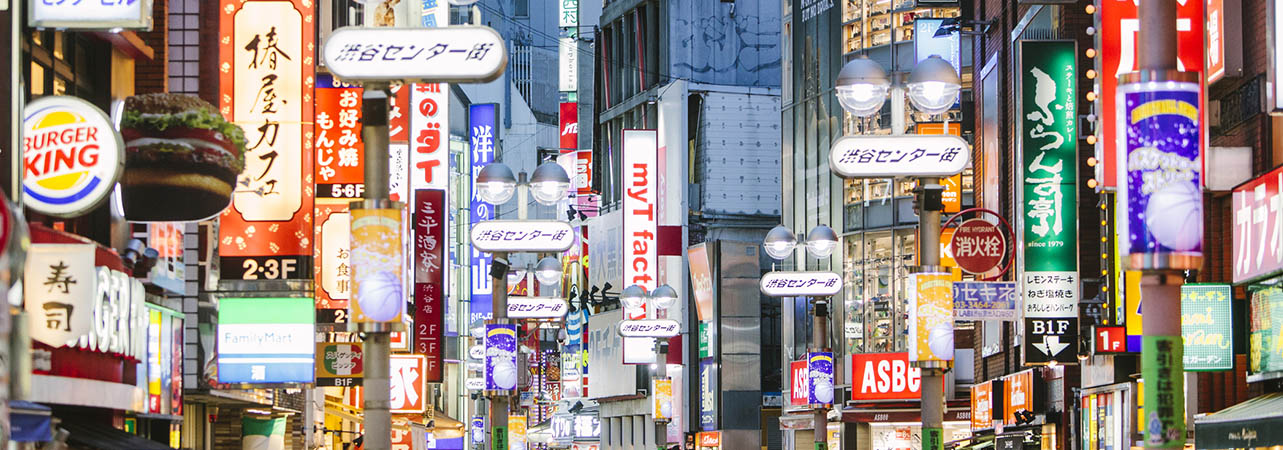Japan’s much-anticipated rise in consumption tax finally took place on 1 October. The sales tax increased from 8% to 10%, and followed a previous increase in April 2014. Retail sales grew strongly in Japan during September ahead of the tax increase, rising at an annualised rate of 9.1%.
- Hong Kong fells into recession
- Australia and South Korea cut interest rates
- Economic growth slowed in South Korea in Q3
To view the series of market updates through October, click here
Japan’s much-anticipated rise in consumption tax finally took place on 1 October. The sales tax increased from 8% to 10%, and followed a previous increase in April 2014. Retail sales grew strongly in Japan during September ahead of the tax increase, rising at an annualised rate of 9.1% as consumers hurried to secure big-ticket merchandise. The surge in activity compounded concerns that spending could stage a sharp drop as the rise starts to take effect, thereby holding back economic growth. In a move designed to dampen any adverse impact from the tax increase upon activity, Japan’s Government implemented a variety of measures, including a lower tax rate of 8% on certain purchases, such as food, drink and newspaper subscriptions. The Nikkei 225 Index rose by 5.4% during October, while the Topix Index climbed by 5% and the TSE Second Section Index rose by 6.2%.
“Following months of unrest and disorder, Hong Kong slid into recession”
Following months of unrest and disorder, Hong Kong slid into recession over the third quarter. The territory’s economy contracted by 2.9% during the period, having previously shrunk at an annualised rate of 0.4% in the second quarter. Despite the disorder that continued to undermine activity, the Hang Seng Index rose by 3.1% over October as a whole.
The Reserve Bank of Australia (RBA) cut its key interest rate by 25 basis points to a new all-time low of 0.75% during the month, following reductions in July and June. RBA policymakers are trying to boost inflation towards its target rate of 2-3% and to provide support for the country’s labour market and wage growth. Looking ahead, the RBA appears ready to continue with its monetary easing strategy. RBA Governor Philip Lowe warned that the outlook for consumption remained the “main domestic uncertainty” and said it would be “reasonable to expect that an extended period of low interest rates will be required”. The ASX All Ordinaries Index fell by 0.4% during October.
South Korea’s economy expanded at an annualised rate of 2% during the third quarter of 2019. Compared with the second quarter, however, the pace of growth slowed from 1.0% to 0.4%. The Bank of Korea (BoK) cut its key interest rate during the month by 0.25 percentage points to 1.25%, having previously implemented a cut in July. The Kospi Index ended October 1% higher.
A version of this and other market briefings are available to use in our newsletter builder feature. Click here






